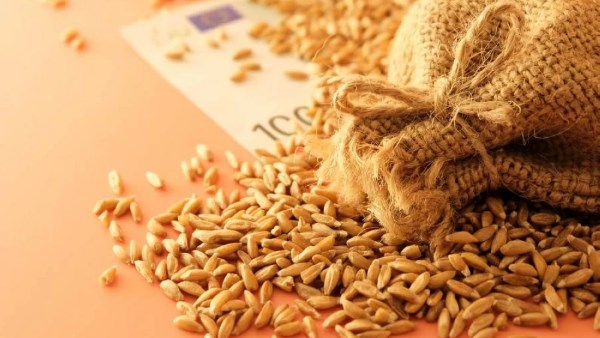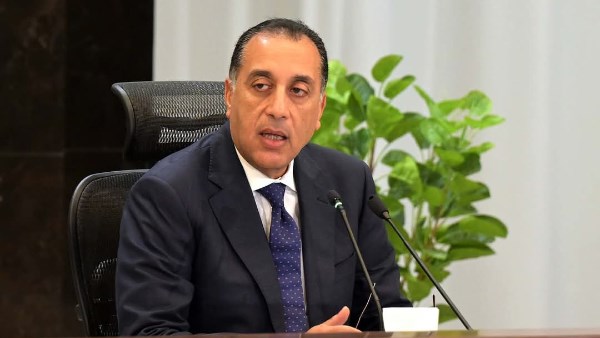
The U.K. was hit with a 10% “reciprocal tariff” from Trump
UK economy shrank sharply in April as Trump tariffs and tax rises kicked in

The U.K. economy shrank sharply in April as global trade tariffs and domestic tax rises kicked in, data showed Thursday.
The latest monthly growth figures from the Office for National Statistics showed the U.K. economy contracted 0.3% month on month in April, following growth of 0.2% in March. It was also more than the 0.1% fall economists were expecting.
The decline in April came as U.S. President Donald Trump announced global trade tariffs on trading partners and adversaries alike, creating widespread business uncertainty.
The monthly gross domestic product data showed industrial production and services output in particular fell sharply in April, while construction output grew, the ONS said, noting the toll Trump’s tariffs had taken on U.K. exports.
“After increasing for each of the four preceding months, April saw the largest monthly fall on record in goods exports to the United States with decreases seen across most types of goods, following the recent introduction of tariffs,” Liz McKeown, director of economic statistics at the ONS, said Thursday.
The U.K. was hit with a 10% “reciprocal tariff” from Trump despite having a more-or-less balanced trading relationship with the U.S. when it comes to the exchange of goods.
It escaped lightly compared with other nations, however, with a flat 20% levy slapped on EU exports to the States. Britain has since struck a trade deal with the U.S., becoming the first country to do so as trade talks continue for others.
Tax rise hit
Domestic tax rises have also been blamed for the steep decline in economic activity. British businesses have been confronted with an increase in national insurance contributions and rise in the minimum age from the start of April, while a temporary tax break on property purchases also came to an end in March.
The change in the Stamp Duty Land Tax (paid when buying property or land) in April meant there was a decrease of 63.5% in U.K. residential property transactions from the previous month, the ONS noted, with buyers rushing to complete purchases before the tax break ended.
U.K. Chancellor Rachel Reeves called the latest monthly growth data “clearly disappointing,” as it jarred with her pledge to deliver economic “renewal” for Britain in government spending plans she announced Wednesday.
“GDP on a monthly basis does move around quite a lot but we also know that April was a challenging month,” Reeves told Sky News on Thursday.
“There was huge uncertainty about tariffs and one of the things, if you dig into those GDP numbers today, is exports weakening and also production weakening because of the uncertainty in the world around tariffs,” she said.
The marked monthly decline, which is an initial estimate and could be revised higher or lower, also comes after a notable 0.7% growth in the first quarter of the year, though economists said this was likely a frontloading of economic activity ahead of Trump’s trade tariffs.





-1120252475029447.jpg)















